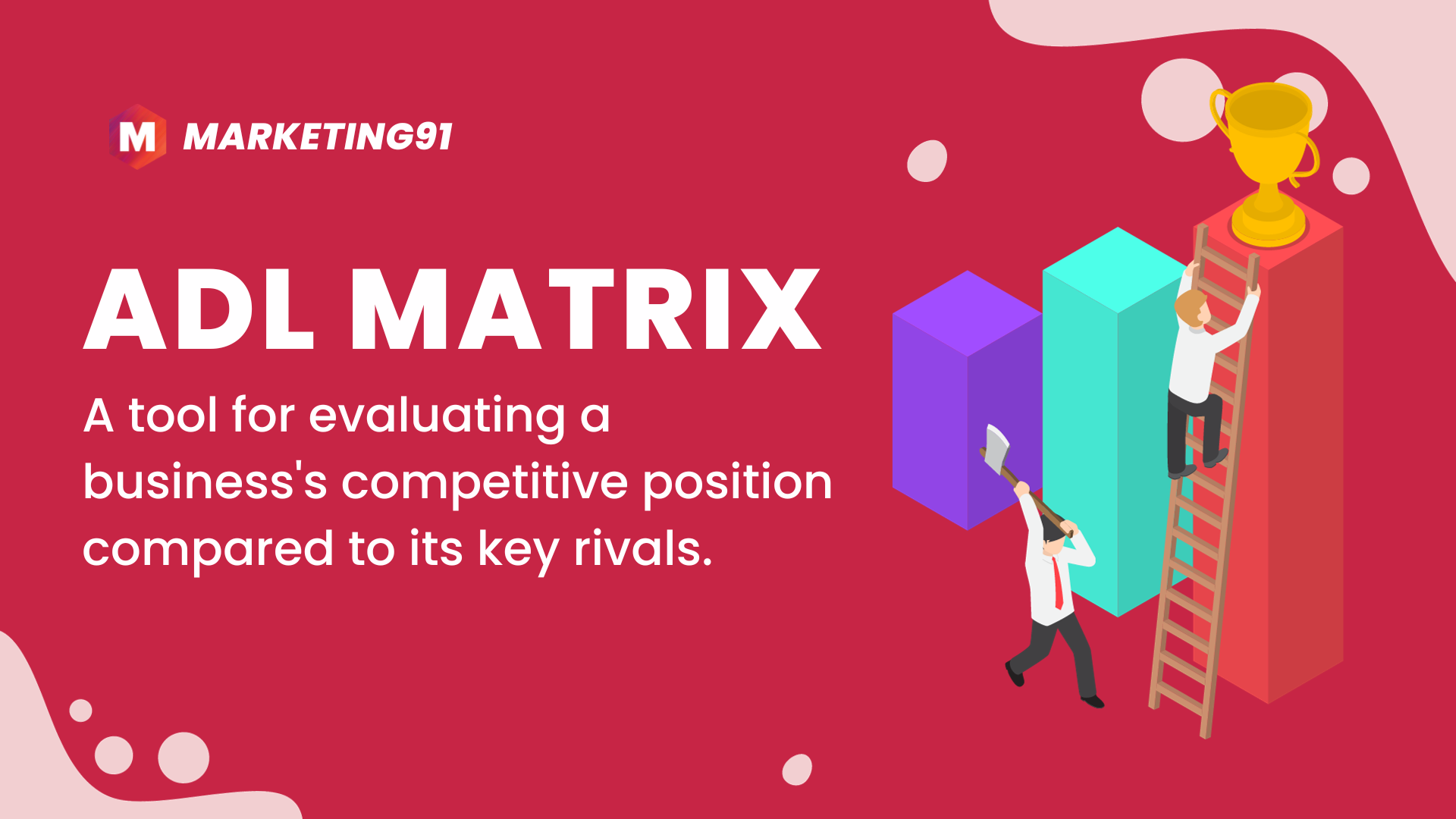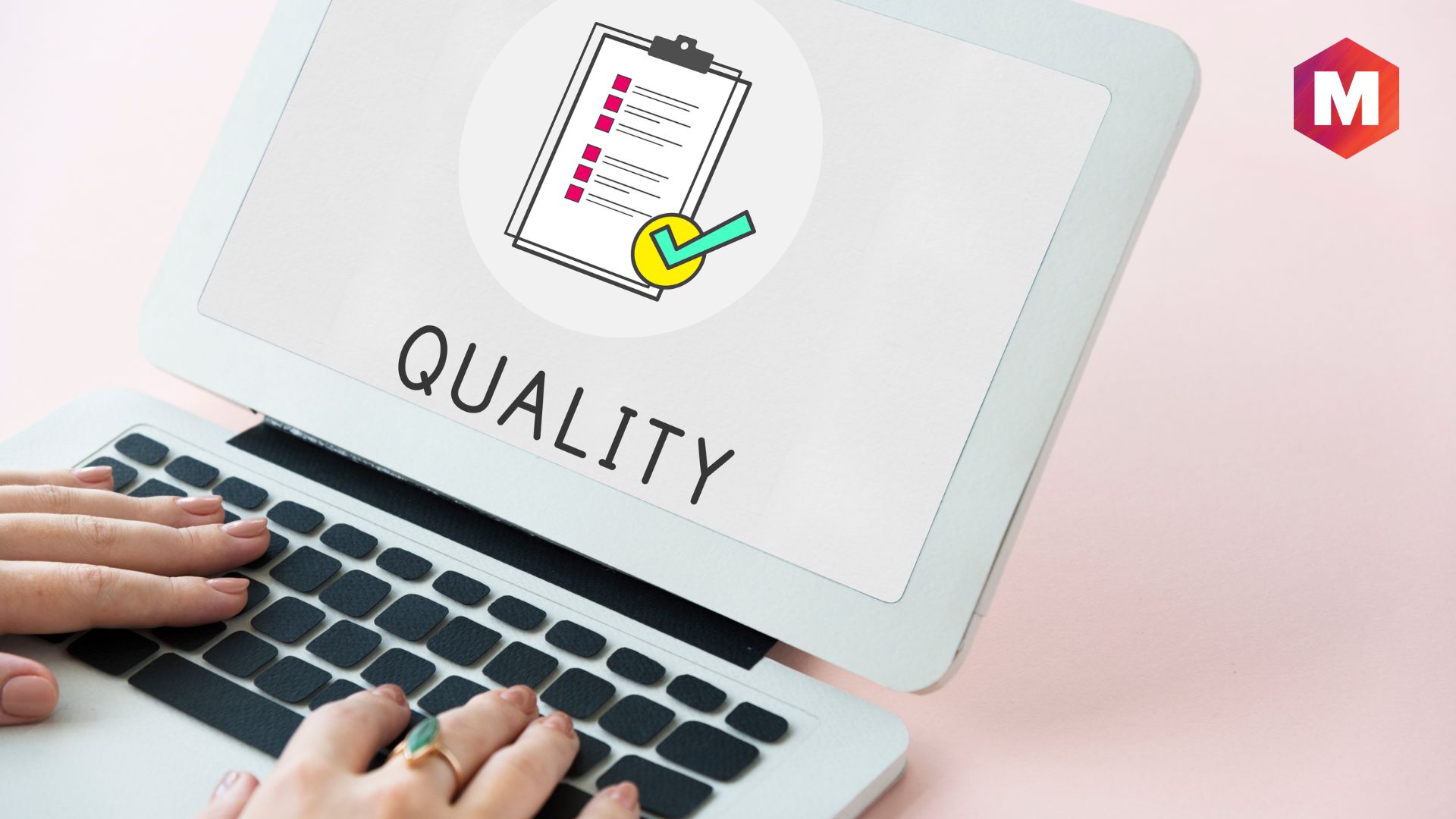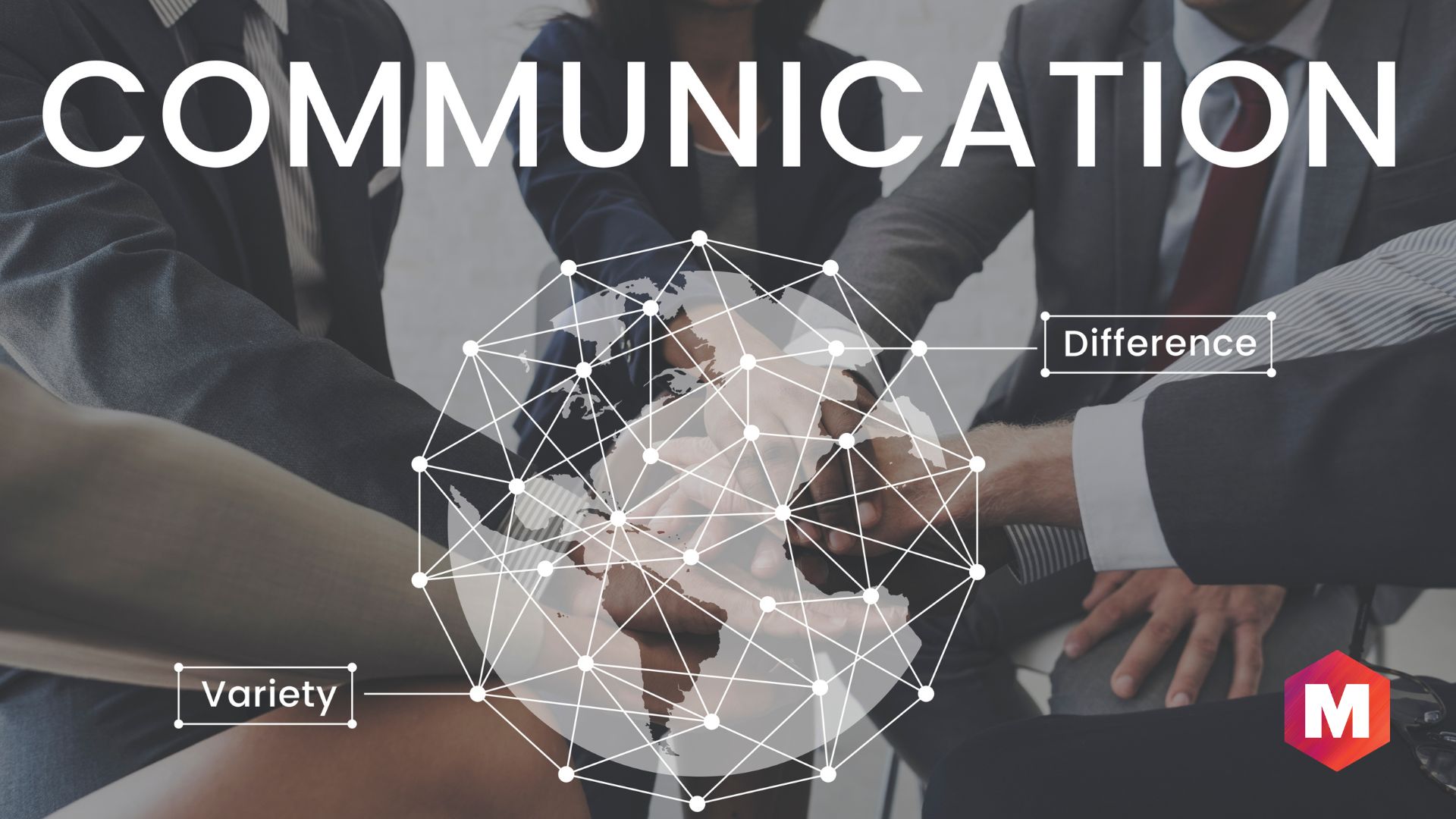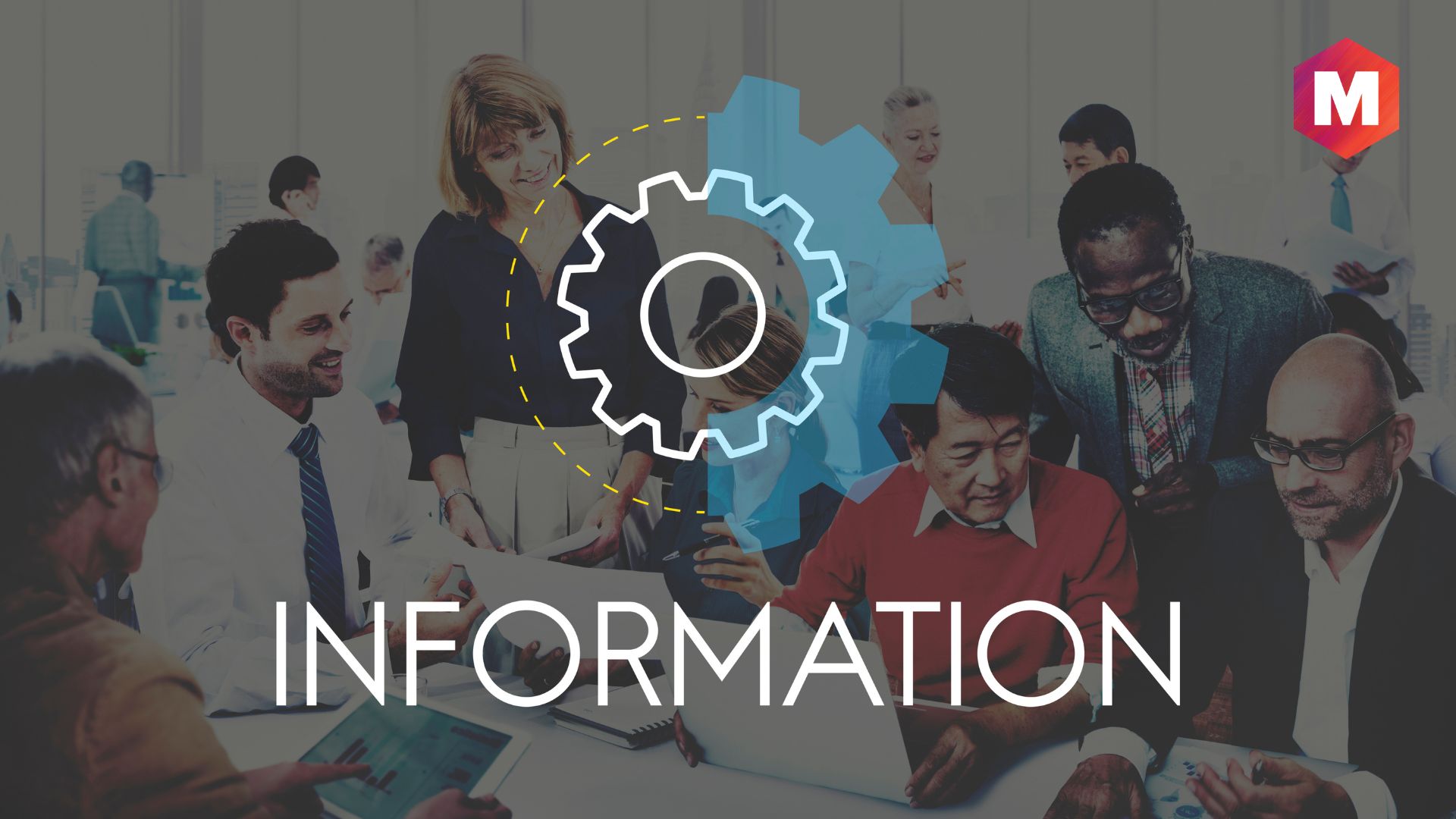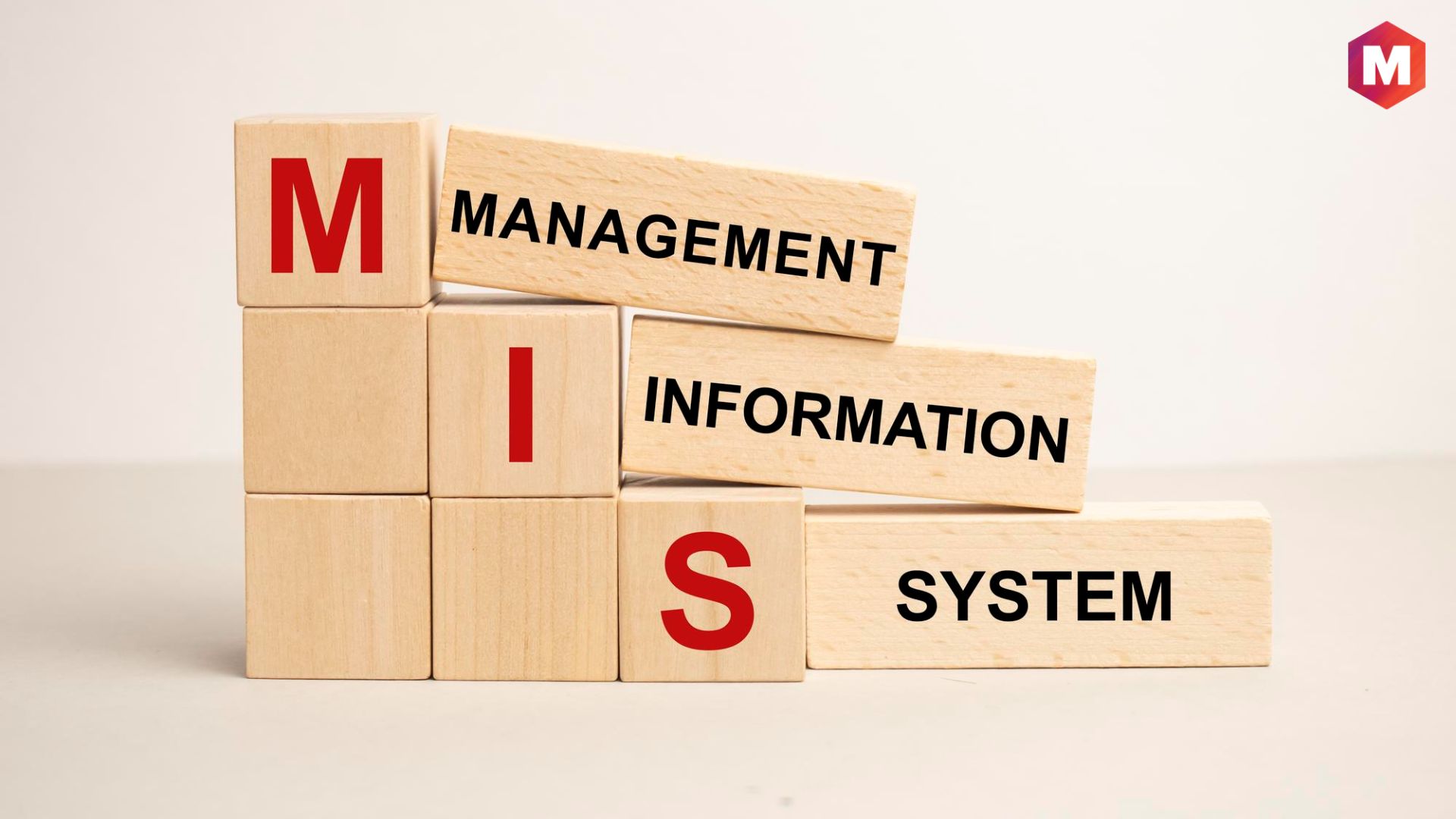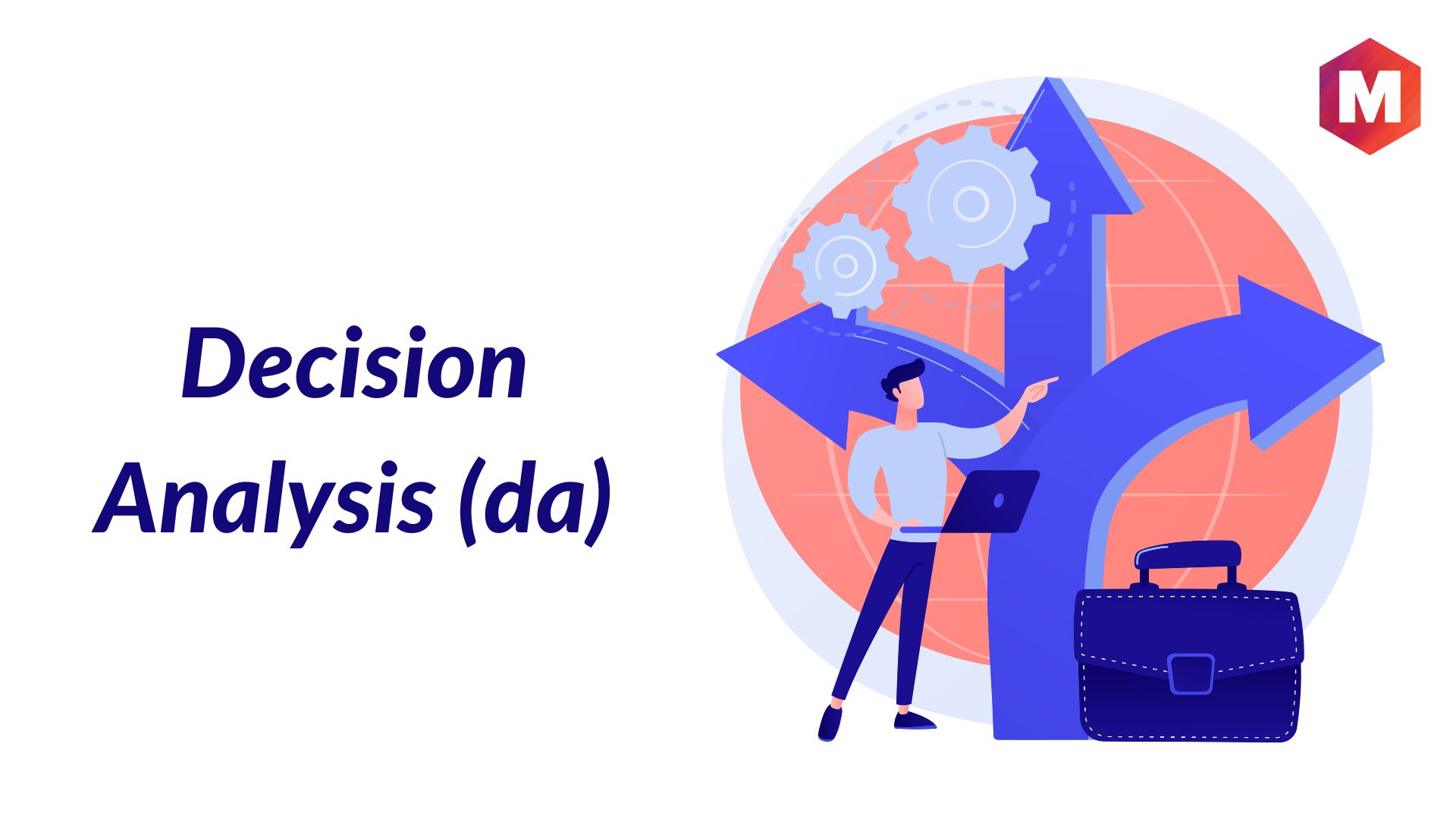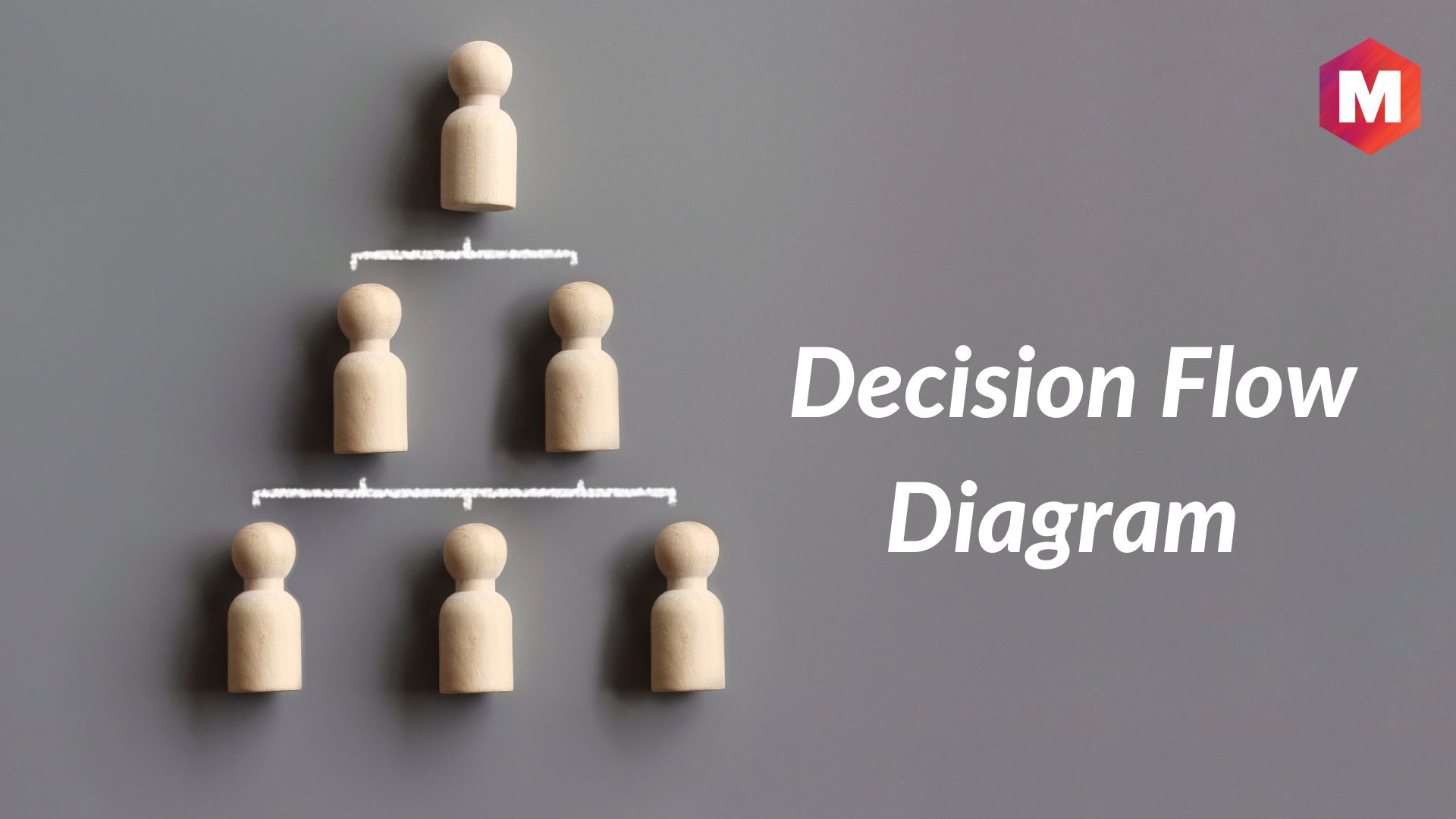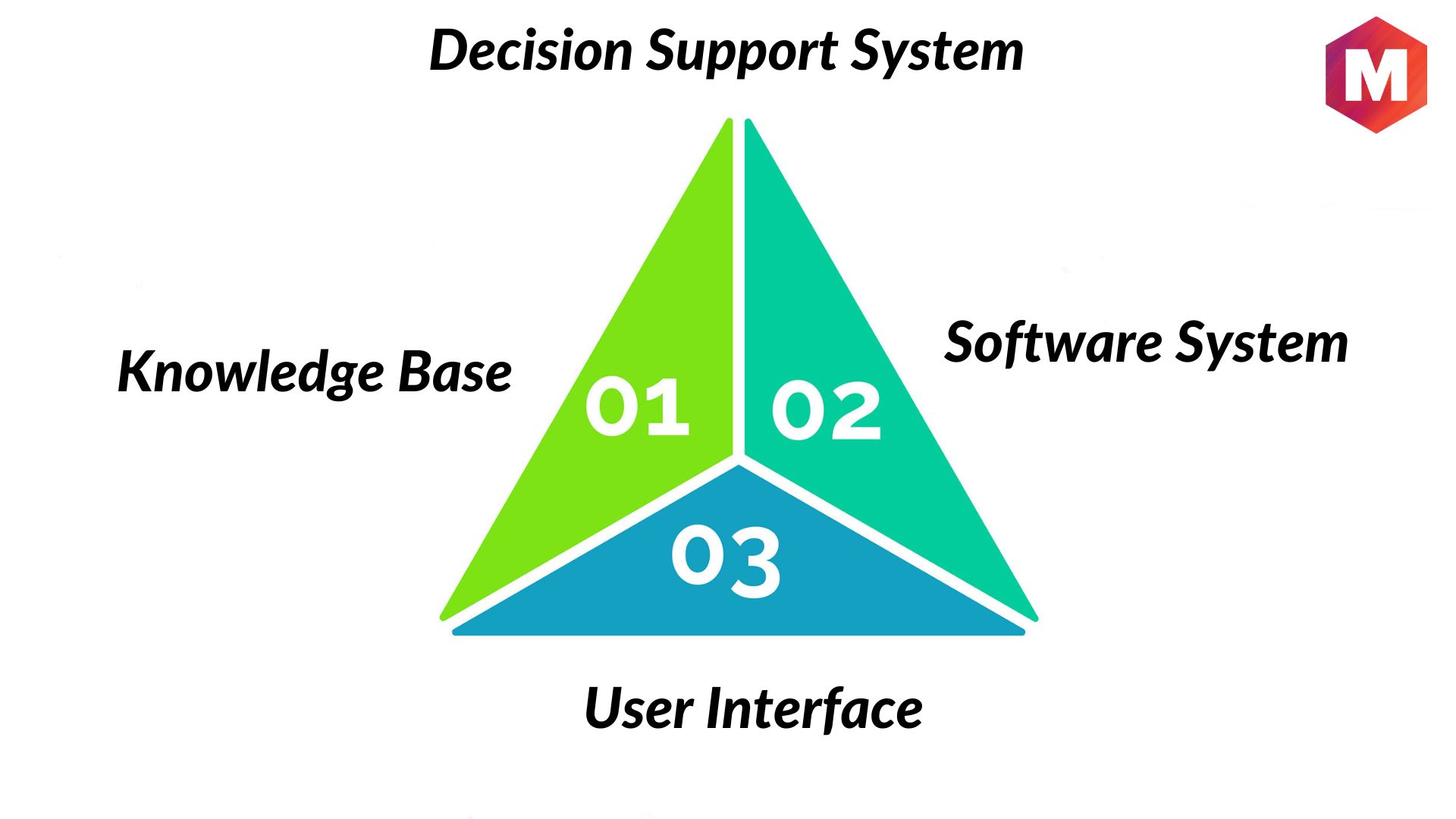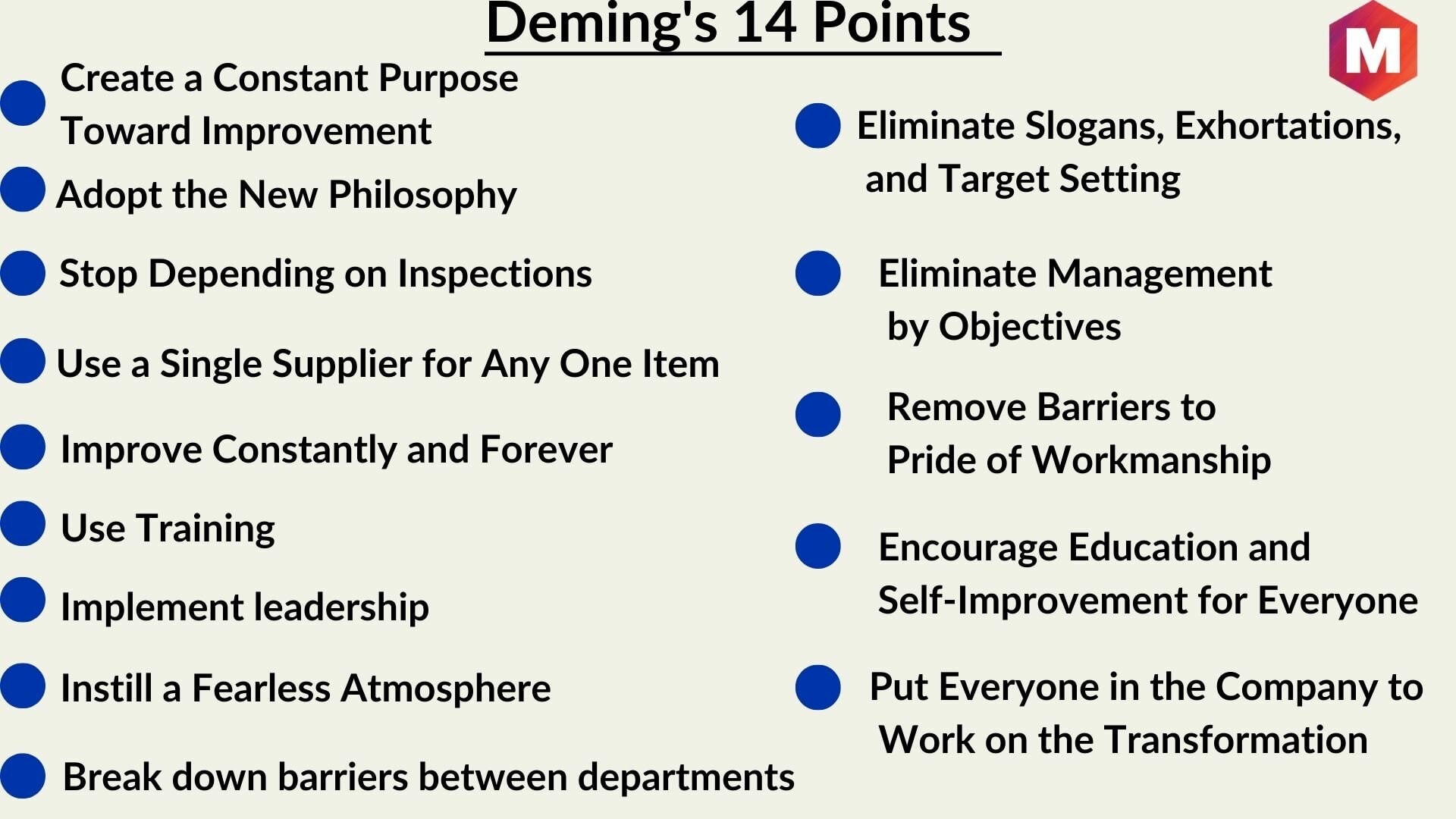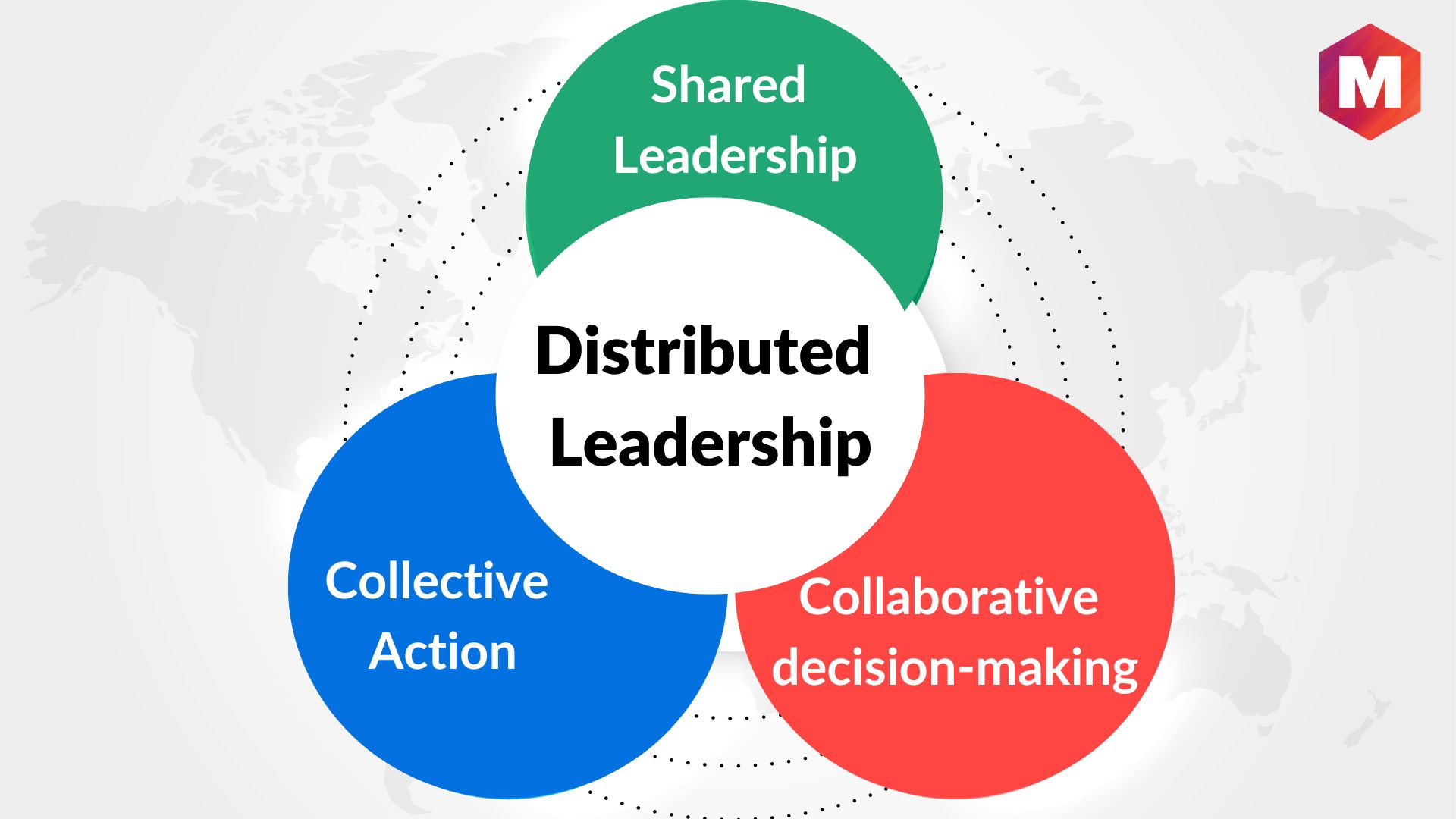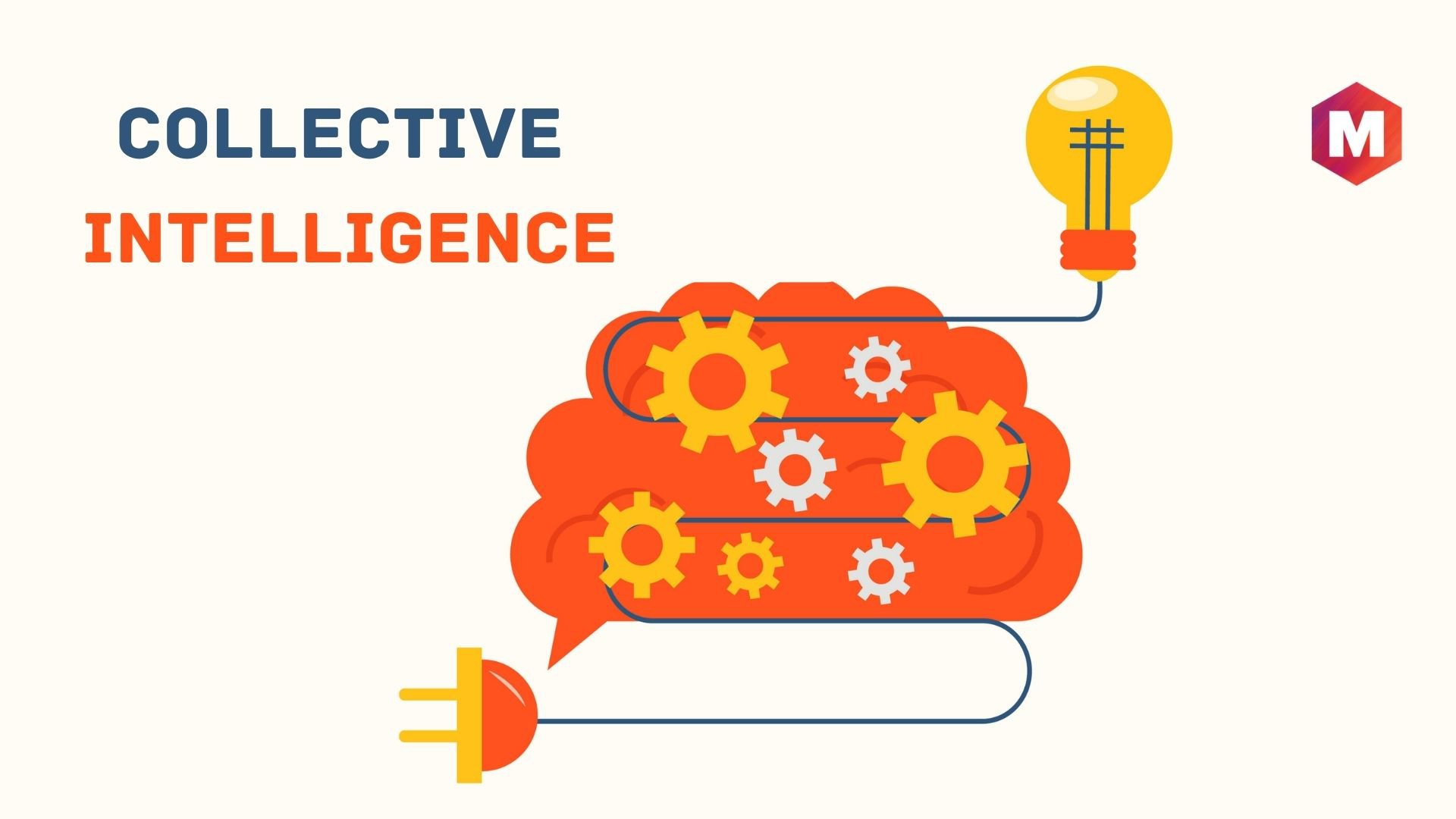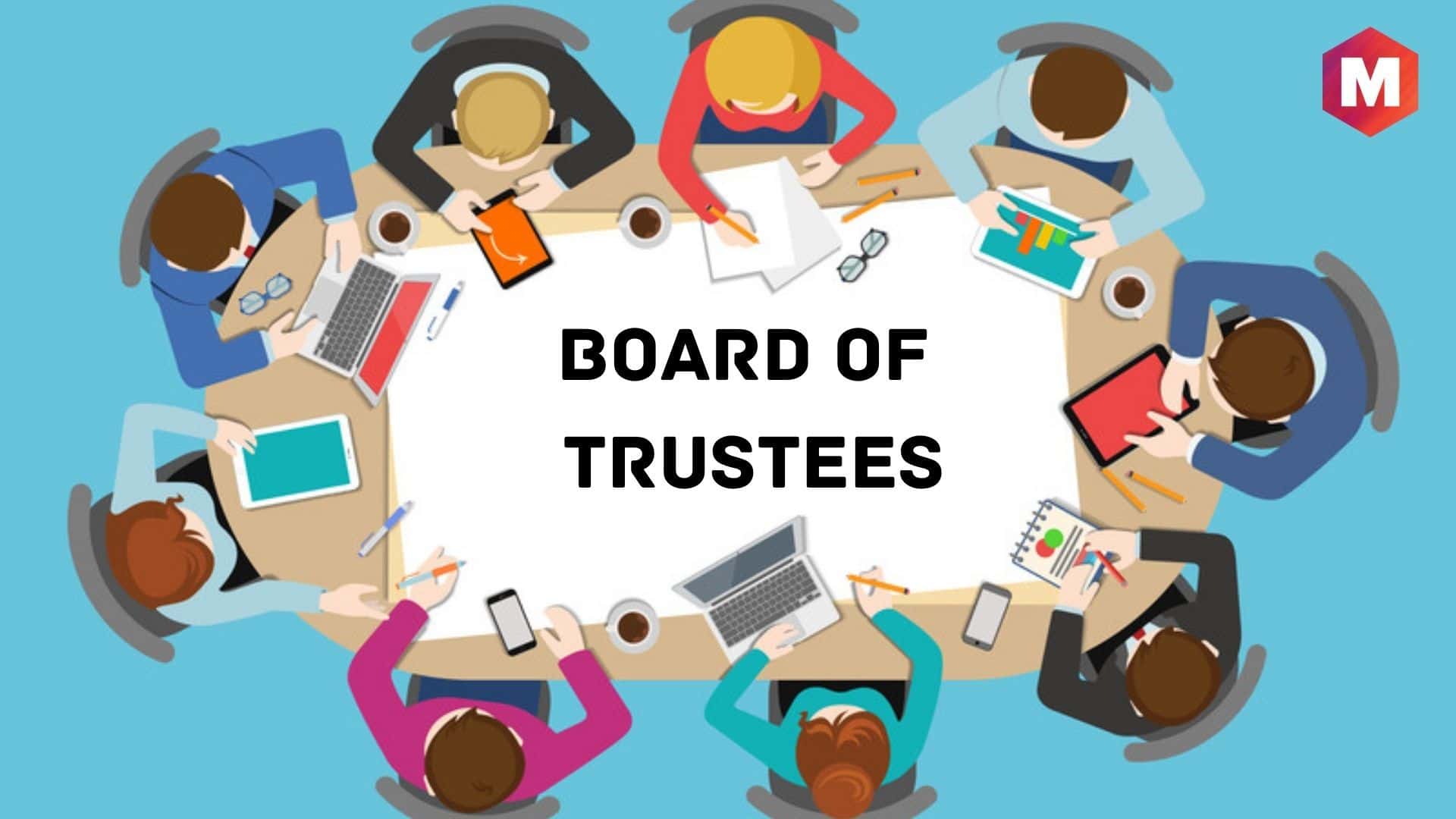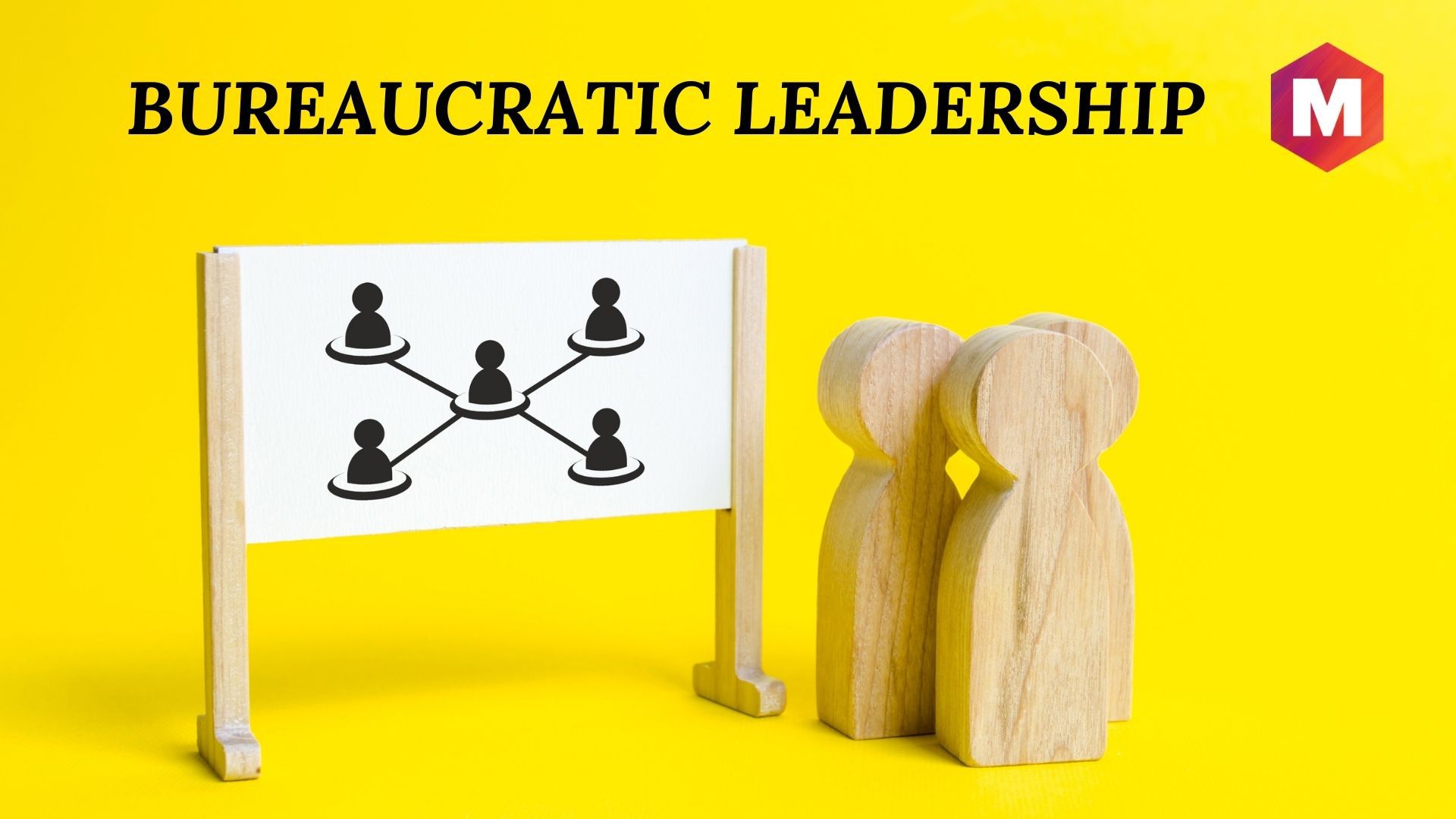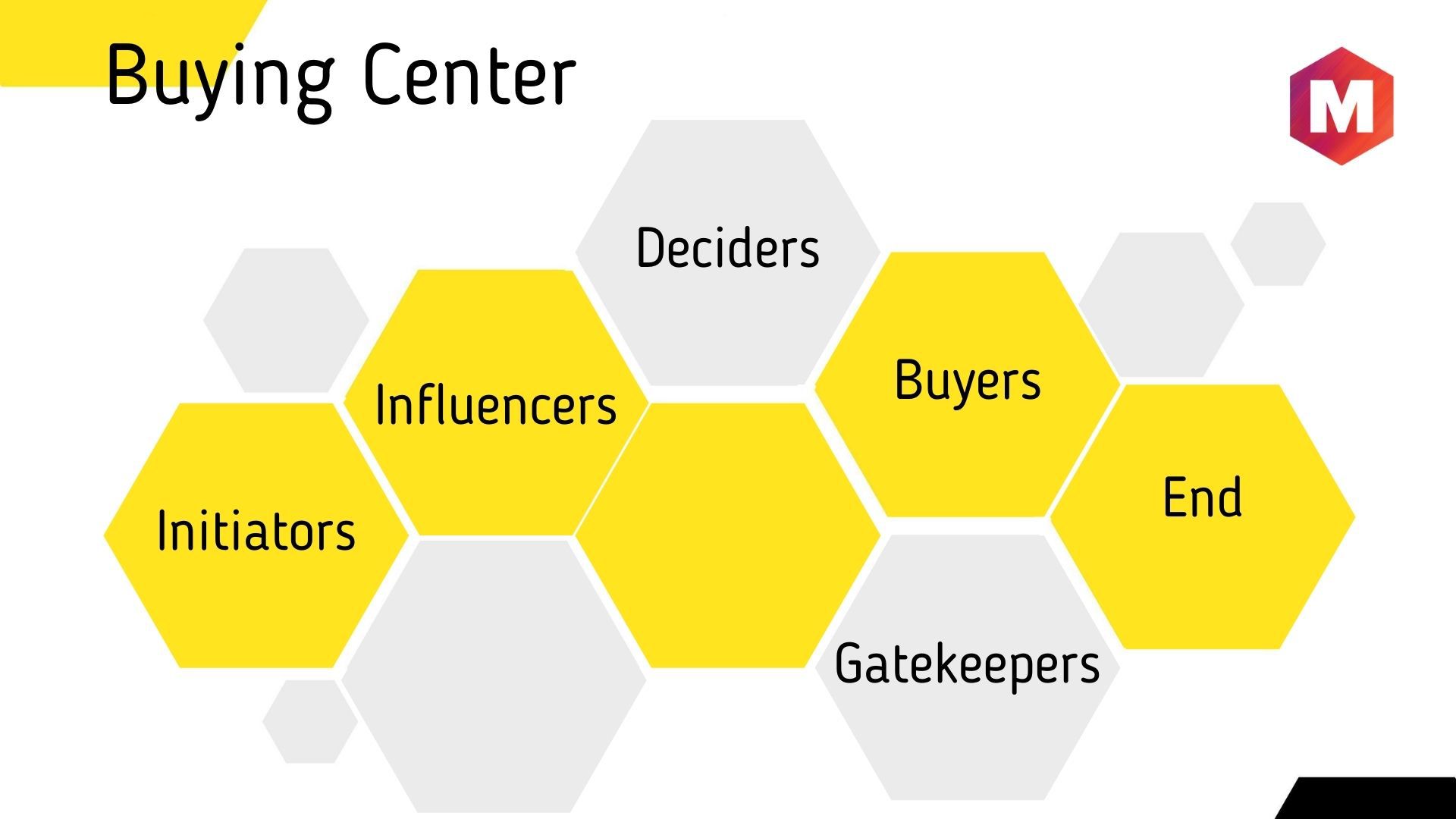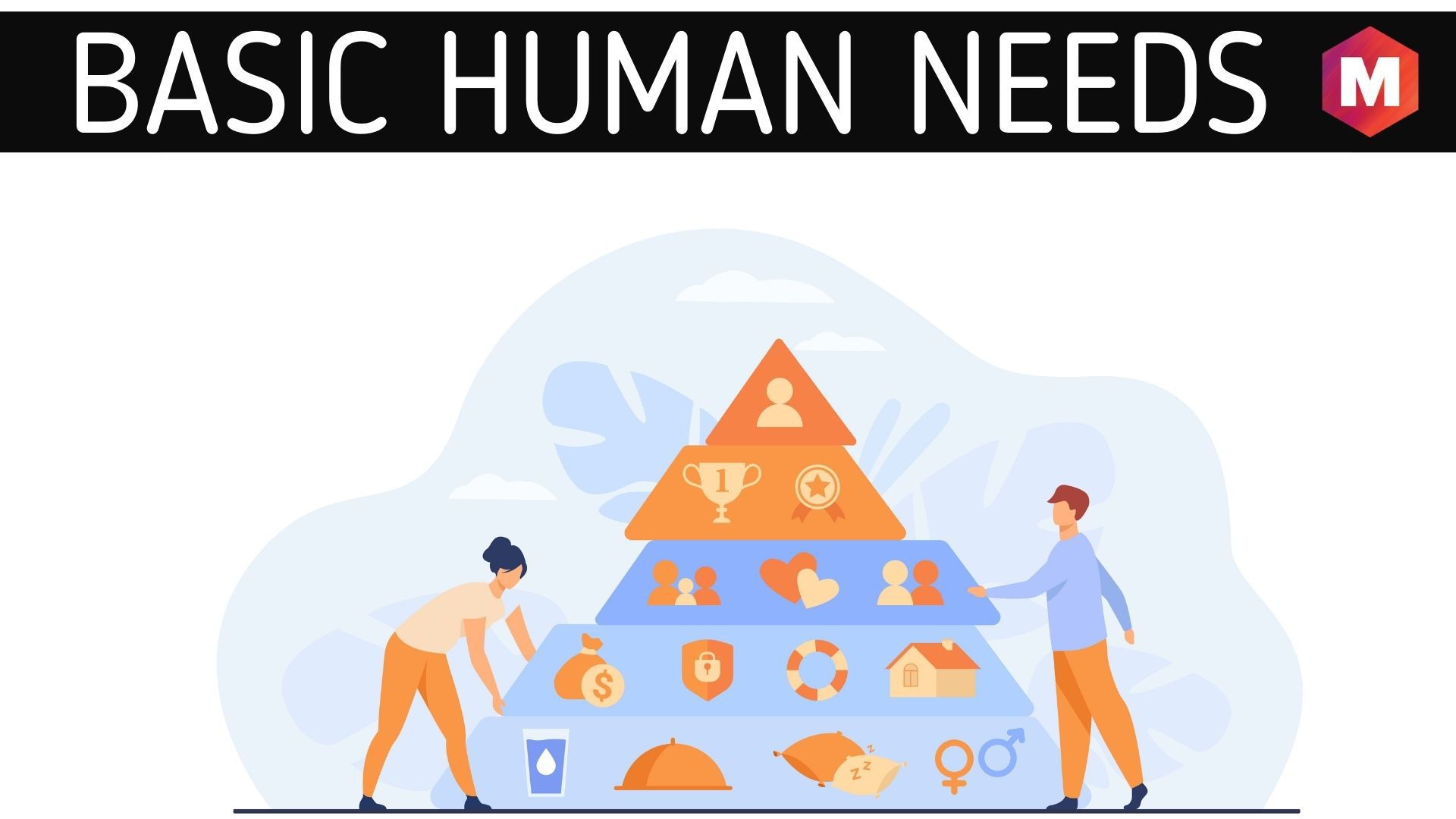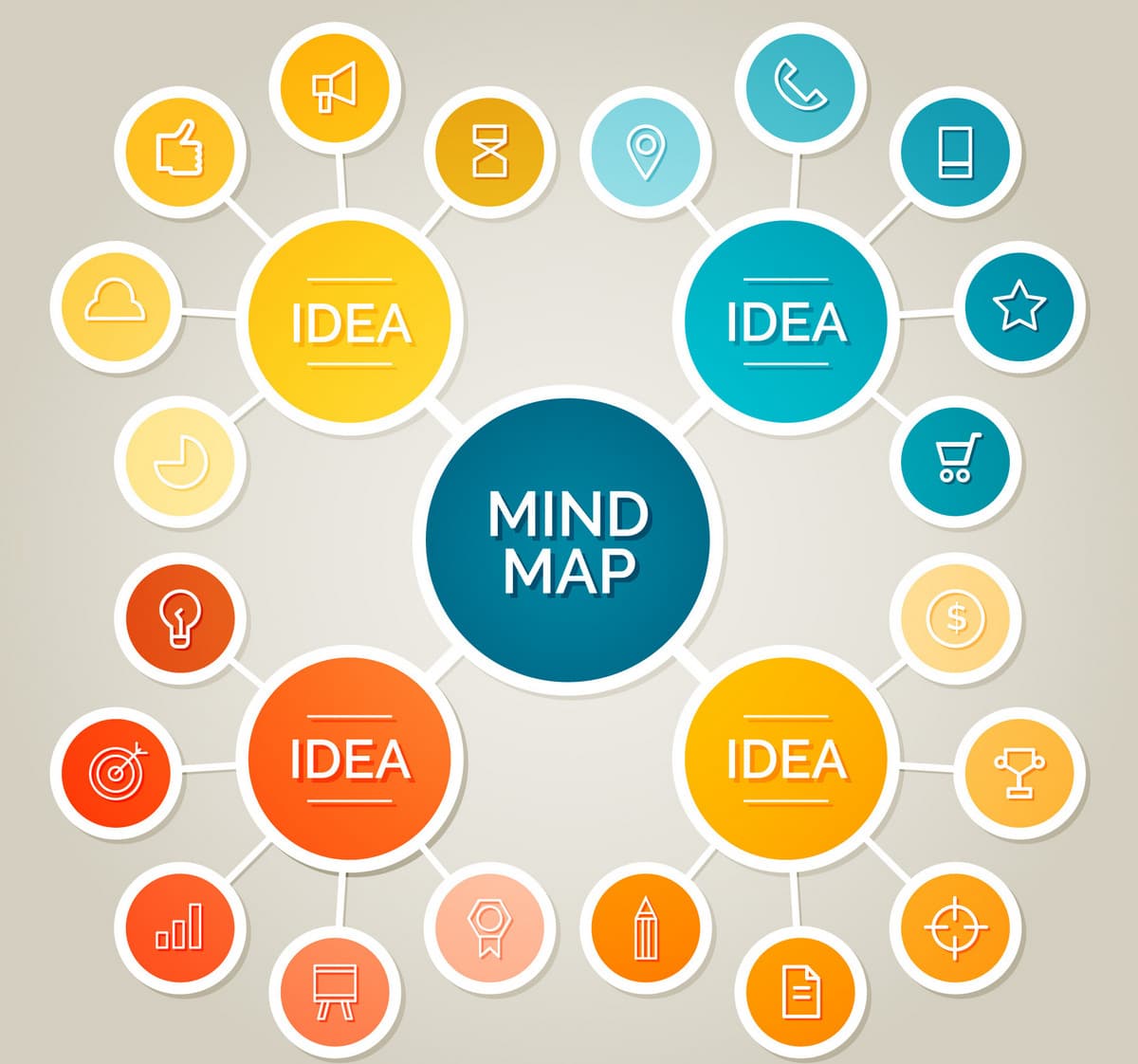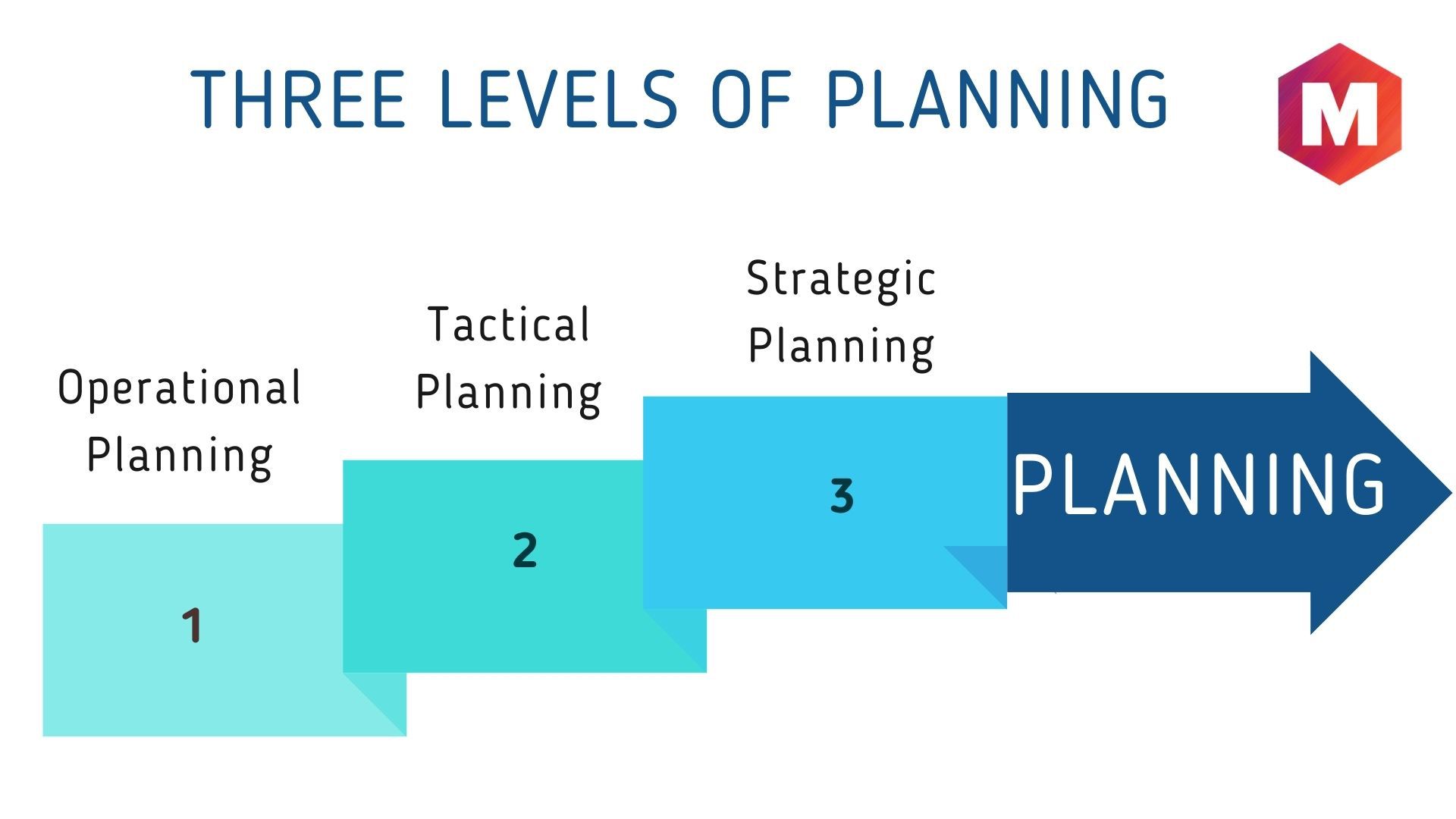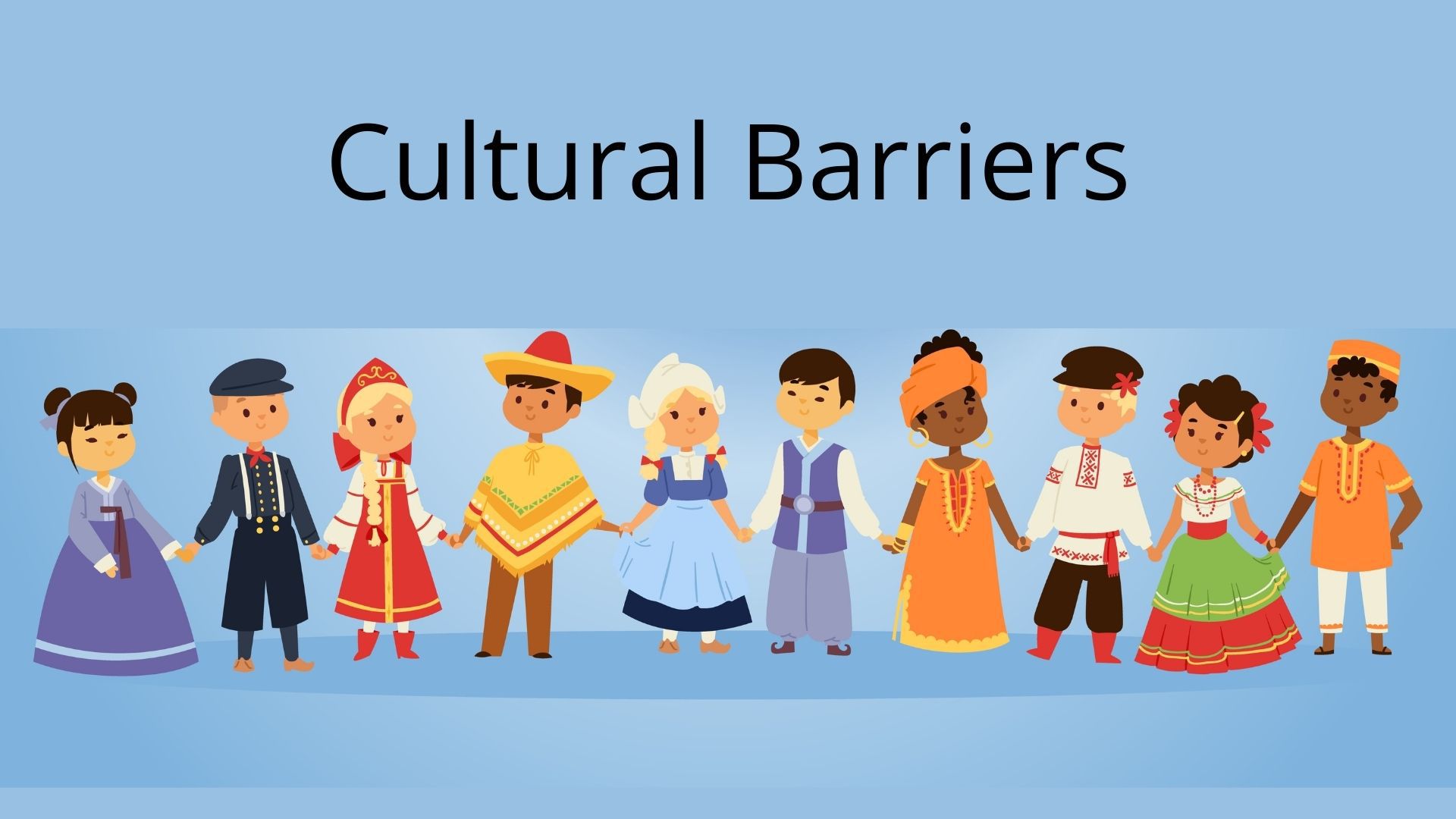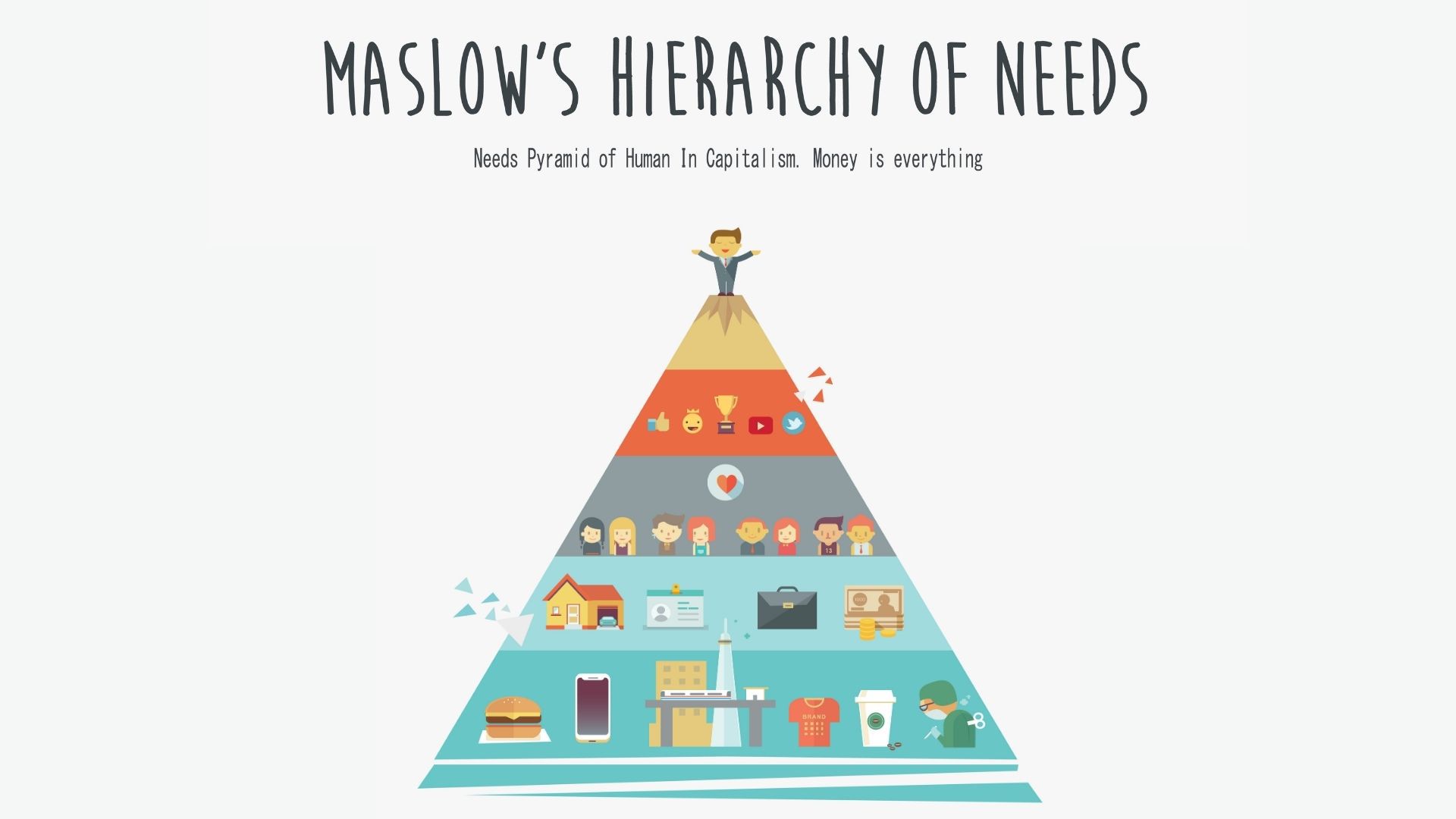What is ADL Matrix? The ADL Matrix, short for Arthur D. Little Strategic Condition Matrix, is a management tool used to analyze the competitive position…
Management Category
Learn the principles and practices of effective management, including leadership, strategy, and decision-making.
9 Characteristics of Quality
Characteristics of quality are important to ensure customer satisfaction and meet end-user needs. Quality management entails making sure that a product or service meets the…
10 Management Styles with Pros and Cons
Management style is a concept that describes the way a person in a management position will manage employees, projects, and meetings in the organization. It includes…
Decision Making: Definition, Types, Importance and Factors
Decision making is a process of identifying and choosing the best option from a set of available alternatives. It is a cognitive process that involves…
16 Characteristics of Management
Management is an ongoing process that requires both tangible and intangible forces to help in achieving organizational goals. It involves the use of practical knowledge,…
27 Characteristics of Communication
Effective communication is the process of conveyance of a message, in which both the sender and receiver understand each other with clarity. Every occupation advantages…
23 Characteristics of Organization
Organizations are made up of various components, such as people and resources, which enable them to achieve their goals. In the broadest sense organization refers…
10 Characteristics of Information
Making the right decisions is essential to any organization. But when it comes to making those decisions, it’s always important that decision makers have access…
Characteristics of Business Communication
Business communication is a vital part of any successful organization. Characteristics such as effective and efficient communication, clarity and accuracy, consistency in the message being…
Characteristics of Planning
Planning is a continuous and permanent process that helps organizations achieve their goals efficiently and effectively. It’s a fundamental management function that forms the foundation…
Characteristics of Organizational Culture
What is Organizational Culture? Organizational culture is a set of beliefs, values, and norms shared within an organization. It defines the way employees interact with…
Informational Power: Definition, Sources and Importance
Informational power is a concept that is quickly becoming more relevant in today’s world. It refers to the ability of an individual or organization to…
Reward Power in Leadership: Definition and Examples
Reward Power is the ability of a leader to give rewards to followers for meeting organizational expectations. Rewards can include financial compensation, recognition, promotions, or…
Expert Power: Definition, Examples and Development
Expert power is the personal power derived from possessing specialized skills or expert knowledge. For example, if someone has a great understanding of finance or…
What is MIS? Management information systems
What is a Management information system? A management information system (MIS) is a collection of software, hardware, data, or processes that help the collection, organization,…
28 Characteristics of a Successful Leader
Strong leaders are essential for success and progress in any organization, team, or group. But what makes a leader truly effective? It starts with having…
What is Decision Analysis (DA)? Definition, Methods and Importance
Decision analysis (DA) is a structured approach to decision-making that involves identifying and assessing the factors that contribute to a problem or opportunity and then…
Decision Flow Diagram – Definition, Types, Advantages, Disadvantages
A decision flow diagram is a graphical representation of the decision-making process. It shows the different decision paths that can be taken and the possible…
Decision Support System – Definition, Purpose, Advantages and Disadvantages
A decision support system (DSS) is a computerized system that supports decision-making in organizations. Decision support systems are typically used to help managers and other…
Democratic Leadership – Style, Characteristics, Pros and Cons
What Is Democratic Leadership? Democratic leadership is a leadership style where group members take part in the decision-making process. The participative leadership style of good…
Deming’s 14 Points of Management
What are Deming’s 14 Points? Deming’s 14 Points of Management are principles for transforming an organization from its current form to one of optimization and…
Dispute Resolution – Definition, Types, Importance and Methods
Dispute resolution is the process of resolving a disagreement or conflict between two parties. Dispute resolution can happen through negotiation, mediation, or arbitration. Businesses often…
Direct Communication – Definition, Importance and Advantages
What is Direct Communication? Direct communication is a type of communication that is clear and directs actions. Direct communication is a process whereby two or…
Who are Decision Makers? Definition, Types and Importance
Decision makers are the people who make decisions that affect the company or organization. They have the authority to make decisions that will impact the…
Coercive Power: Definition, Types, and Examples
What is Coercive Power? Coercive Power is a type of power that uses threats, force, or other forms of coercion to get an outcome. A…
Distributed Leadership – Definition, Principles and Benefits
What is Distributed Leadership? Distributed leadership is a pattern of shared leadership among individuals in an organization, typically characterized by collaborative decision-making and collective action….
Facility Management – Definition, Importance and Future
Facility management is the coordination of building operations and systems. This can include tasks such as maintenance, security, utilities, and more. Facility managers work to…
What is Collective Intelligence? Benefits and Limitations
Collective intelligence is a concept that describes the ability of a large group of individuals to pool their knowledge, data, and skills in order to…
Collaboration – Definition, Importance, Types and skills
Collaboration is the process of two or more people, entities, or organizations working together to complete a task or achieve a goal. Collaboration can be…
Board of Trustees Vs. Board of Directors
The board of trustees is a group of officially designated individuals for overseeing and managing operations of an organization to ensure the best interest of…
Bureaucratic Leadership – Definition, Advantages and Disadvantages
Bureaucratic leadership is a leadership style in which a hierarchy of power establishes management and decision-making norms. In a bureaucratic leadership framework, a strict and formal…
Buying Center – Definition and Importance
A buying center is a group of people within a company such as employees and other members of an organization responsible for channelizing buying process…
Board Meetings – Meaning, Importance, Topics and Softwares
The Board Meeting is a meet-up of the board of directors of an organization that occurs at fixed intervals for deciding on the policies and…
The 6 Basic Human Needs
What are Basic Human Needs? Definition: Basic human needs are defined as the drivers of people’s actions or the wants of people for living a…
What is a Mind Map? 10 tools for Making Beautiful Mind Maps
A mind map is an easy method of brainstorming thoughts without considering or worrying about the order or structure of thoughts. A mind map helps…
What is Planning? Definition, Importance and Features
Planning is the primary function of management that involves deciding the future course of action. There are several definitions of planning, but the one studied…
What are Cultural Barriers? 5 Critical Barriers In Workplace
Culture is handed down from one generation to the next, and on the way keeps on evolving and creating further subcultures. It includes music, food,…
Ultimate Guide to 5 Levels of Maslow’s Hierarchy of Needs
Maslow’s hierarchy of needs revolves around a theory of understanding how human motivation works. What are the basic needs of a human? Food, water, clothes,…
What is Acceptable Use Policy (AUP)? – Definition and Tips
What Is Acceptable Use Policy? Definition: Acceptable use policy is defined as the set of rules that creators, owners, or administrators of various resources (e.g….
Accountability – Definition, Methods And Its Puzzle
What Is Accountability? Definition: Accountability is defined as an organizational culture in which employees or workers are not only responsible for what they do but…
